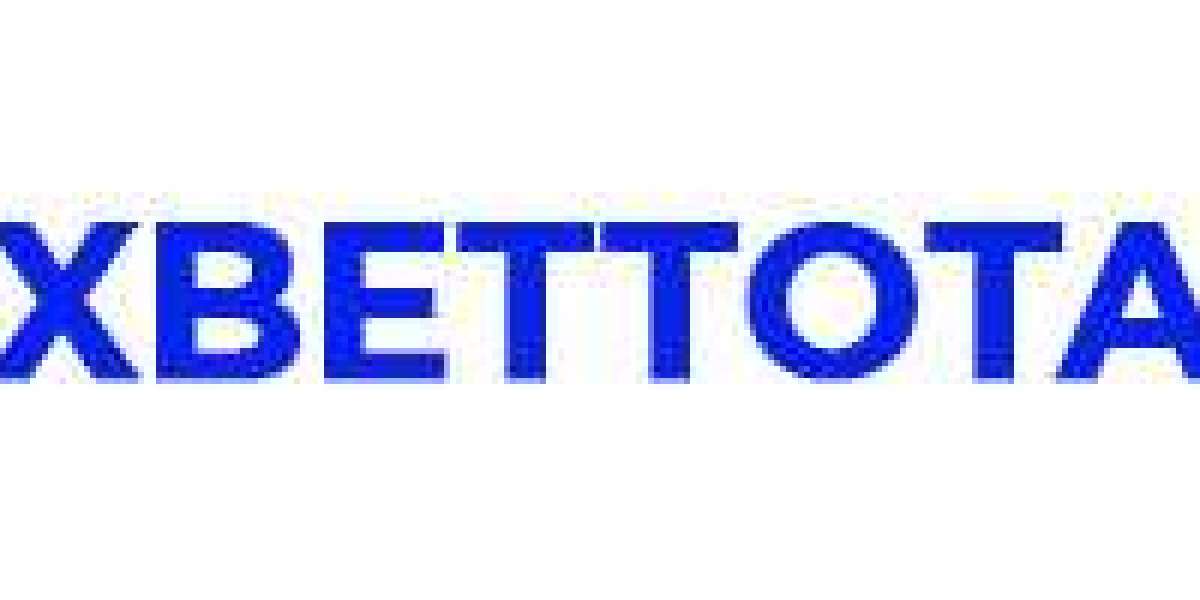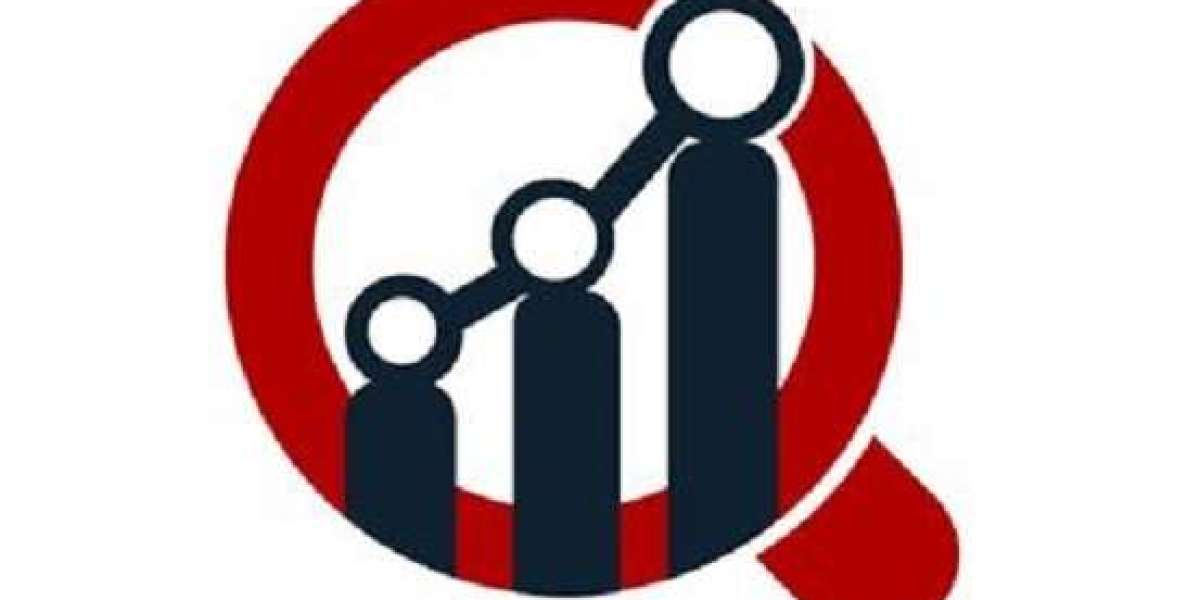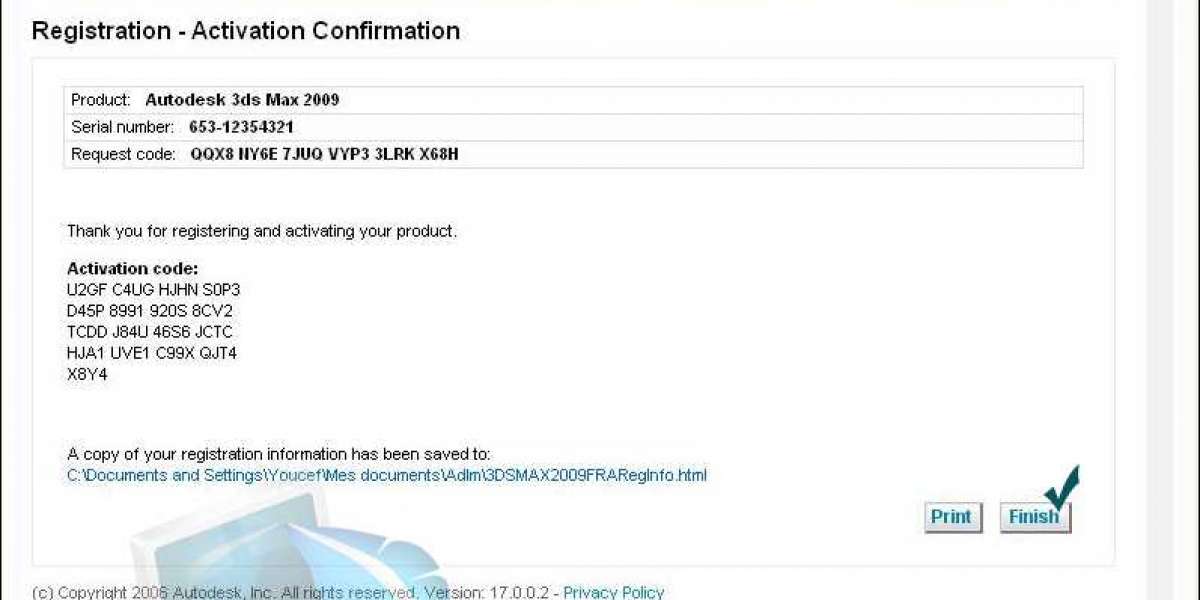In the maritime industry, effective crew management is crucial for ensuring the smooth operation and safety of ships. With technological advancements, ship crew management systems have emerged as essential tools for managing crew-related tasks efficiently. These systems streamline various processes, including crew scheduling, certification tracking, payroll management, and more. However, not all crew management systems are created equal. This article highlights seven key features that ship owners and operators should look for when choosing a crew management system.
Crew Scheduling and Planning
Efficient crew scheduling is vital for optimizing resources and ensuring that the right personnel are available at the right time. An effective crew management system should provide advanced scheduling capabilities, taking into account factors such as crew availability, qualifications, and rest hours. It should allow for easy modification and adjustment of schedules, along with automated notifications to keep crew members informed of any changes.
Certification and Document Management
Keeping track of crew certifications, licenses, and other documents is a complex task. A reliable crew management system should have a robust document management feature that enables easy storage, retrieval, and expiration tracking of crew documents. It should provide notifications well in advance of document renewals, ensuring compliance with international regulations and industry standards.
Payroll and Crew Remuneration
Accurate and timely payroll management is essential for maintaining crew satisfaction and compliance with labor regulations. An effective crew management system should automate payroll calculations based on crew contracts, working hours, overtime, and other factors. It should also integrate with financial systems for seamless payment processing, generate payslips, and provide comprehensive reporting capabilities.
Competency Management
To ensure a competent and skilled crew, a crew management system should include competency management features. It should track crew members' qualifications, training records, performance evaluations, and career progression. This enables ship operators to identify skill gaps, plan training programs, and ensure that crew members meet the required standards for their assigned roles.
Crew Communication and Collaboration
Efficient communication among crew members and between the crew and shore-based personnel is critical for effective operations and emergency response. A crew management system should facilitate secure and real-time communication through various channels, including messaging, voice calls, and video conferencing. It should also provide features for sharing important operational updates, documents, and task assignments to enhance collaboration and situational awareness.
Crew Welfare and Leave Management
Crew welfare and leave management are essential for maintaining a healthy work-life balance and ensuring the well-being of crew members. A comprehensive crew management system should include features that allow crew members to request leave, track their vacation entitlements, and manage their personal information. It should automate leave approval processes and provide visibility to both crew and management regarding crew availability and leave balances.
Reporting and Analytics
A robust crew management system should offer comprehensive reporting and analytics capabilities. It should generate various reports related to crew performance, compliance, training, and financials. These reports can provide valuable insights into crew utilization, cost optimization, crew turnover rates, and compliance with industry regulations. The system should also have customizable dashboards and data visualization tools to facilitate informed decision-making.
Choosing the right crew management system is crucial for ship owners and operators to enhance crew efficiency, safety, and compliance. By considering the seven key features discussed above, namely crew scheduling and planning, certification and document management, payroll and crew remuneration, competency management, crew communication and collaboration, crew welfare and leave management, and reporting and analytics, maritime stakeholders can make an informed decision that aligns with their operational needs and enhances crew management processes. Investing in a reliable and comprehensive crew management system will undoubtedly contribute to the overall success and smooth operation of ships in today's dynamic maritime industry.







